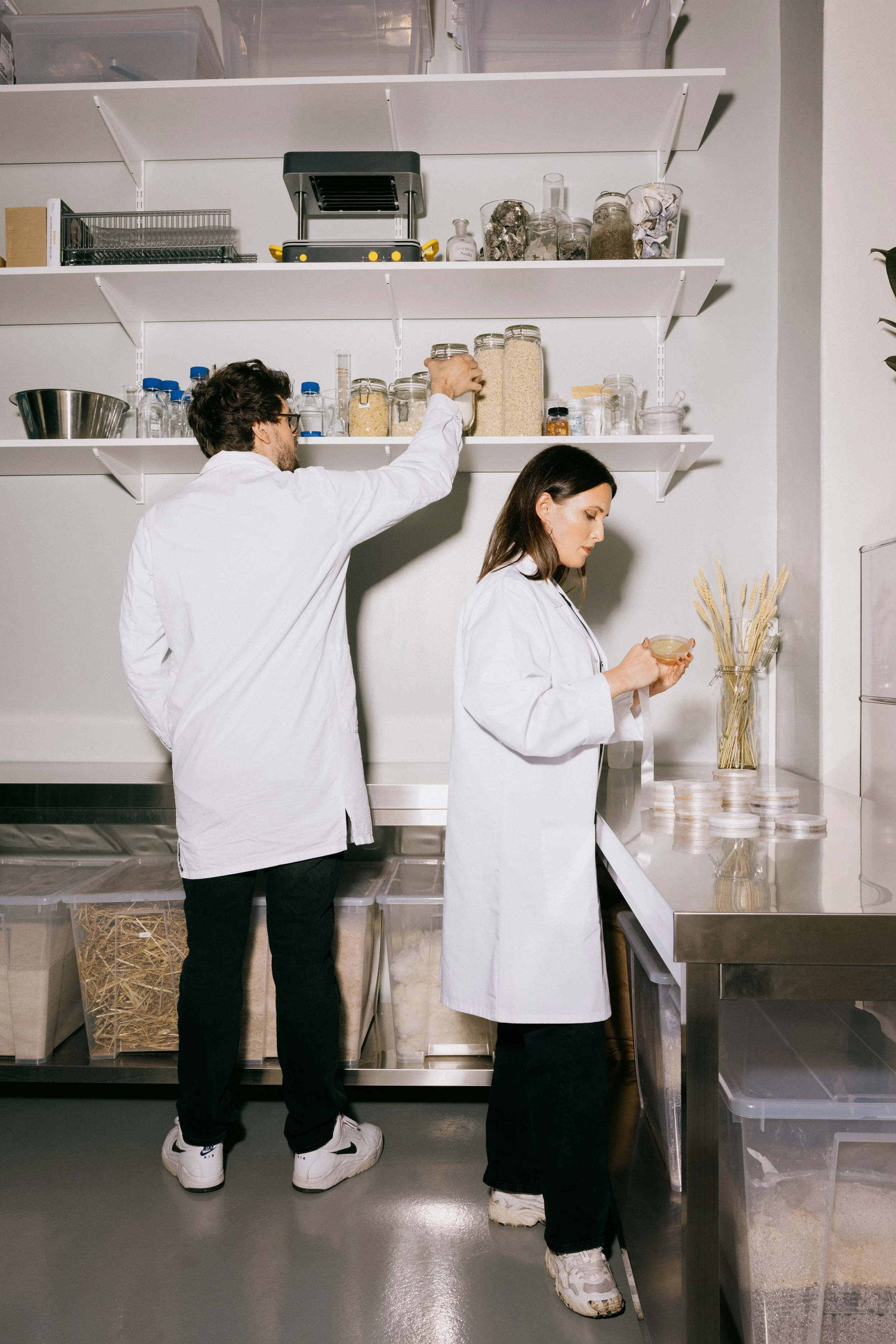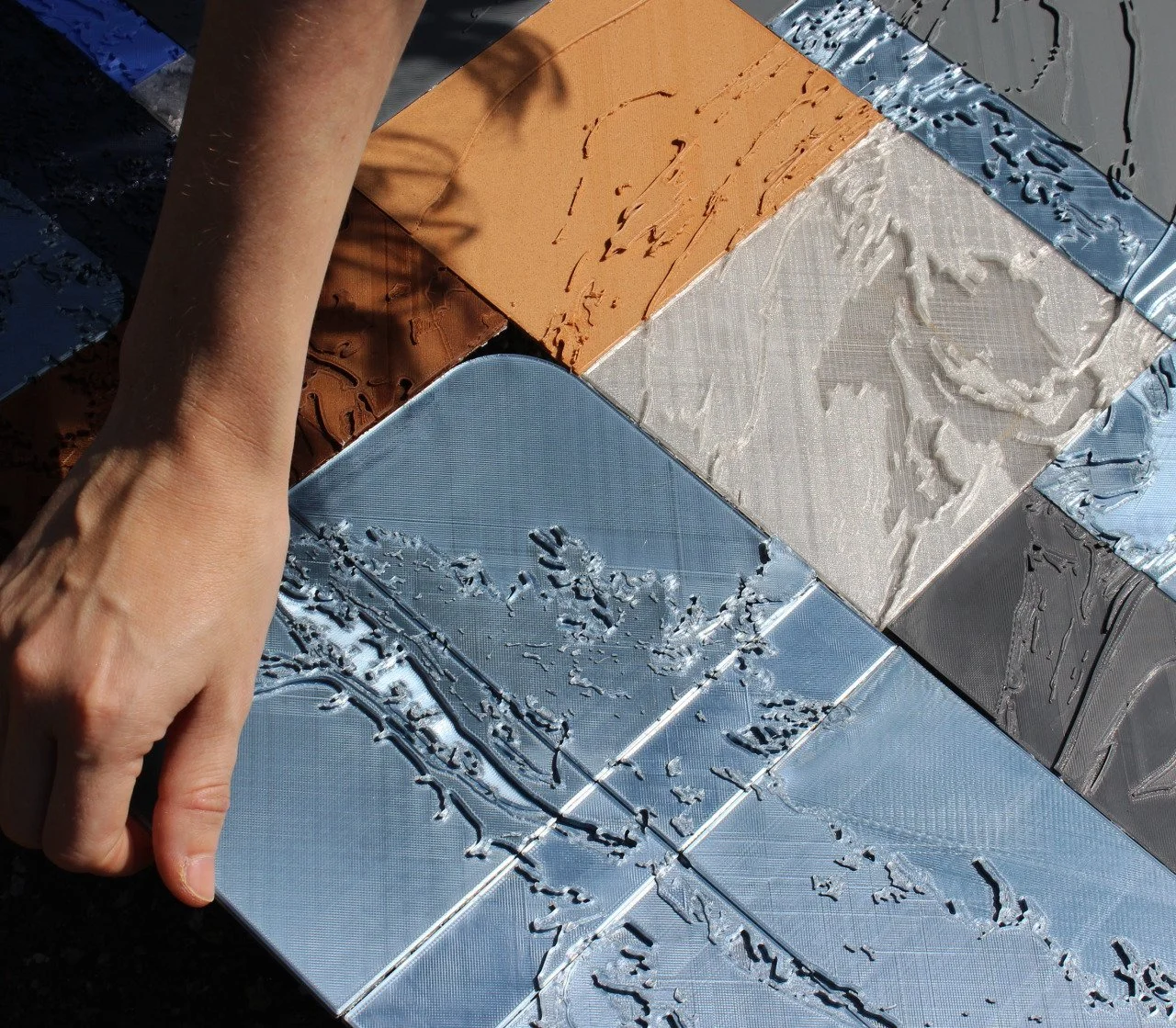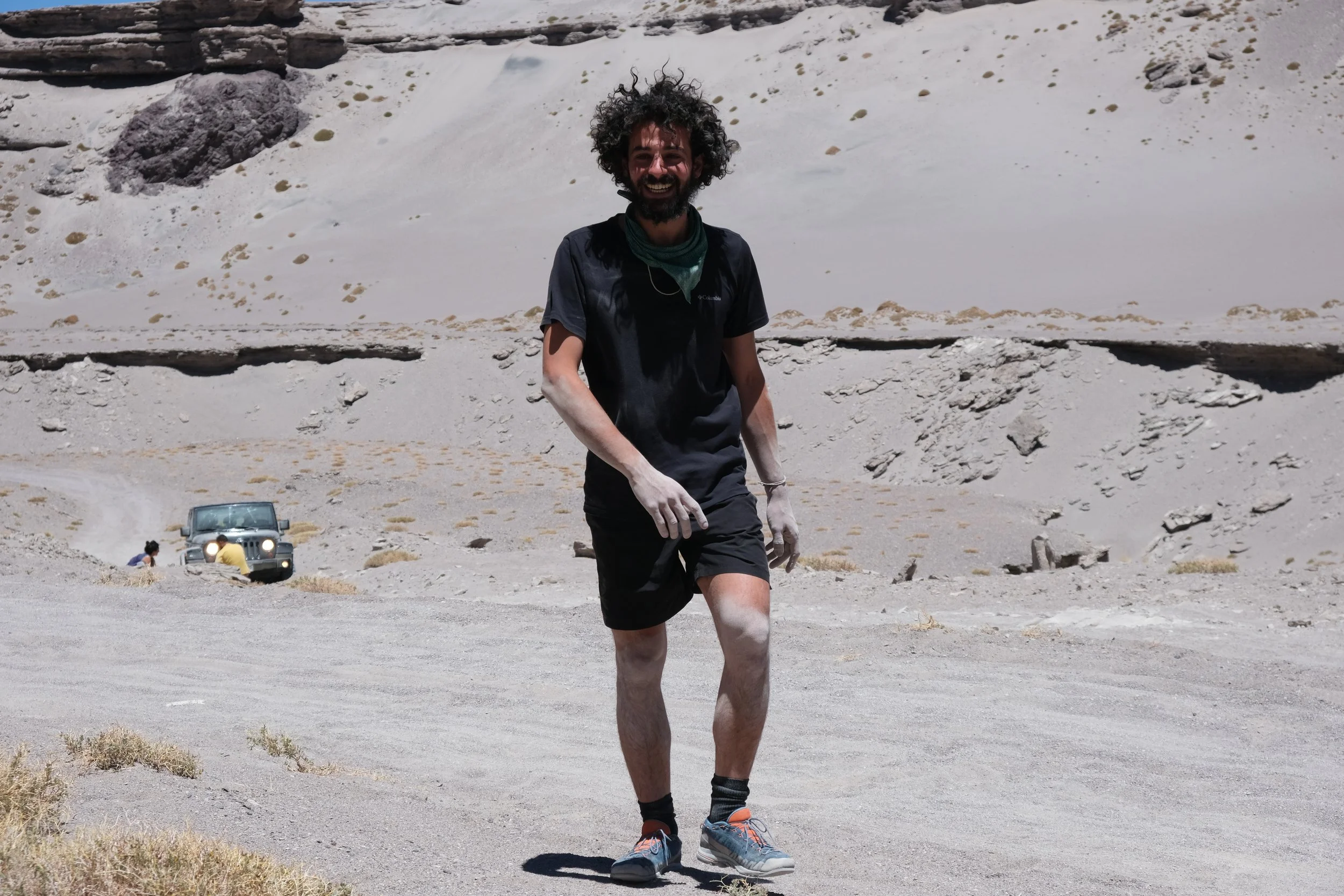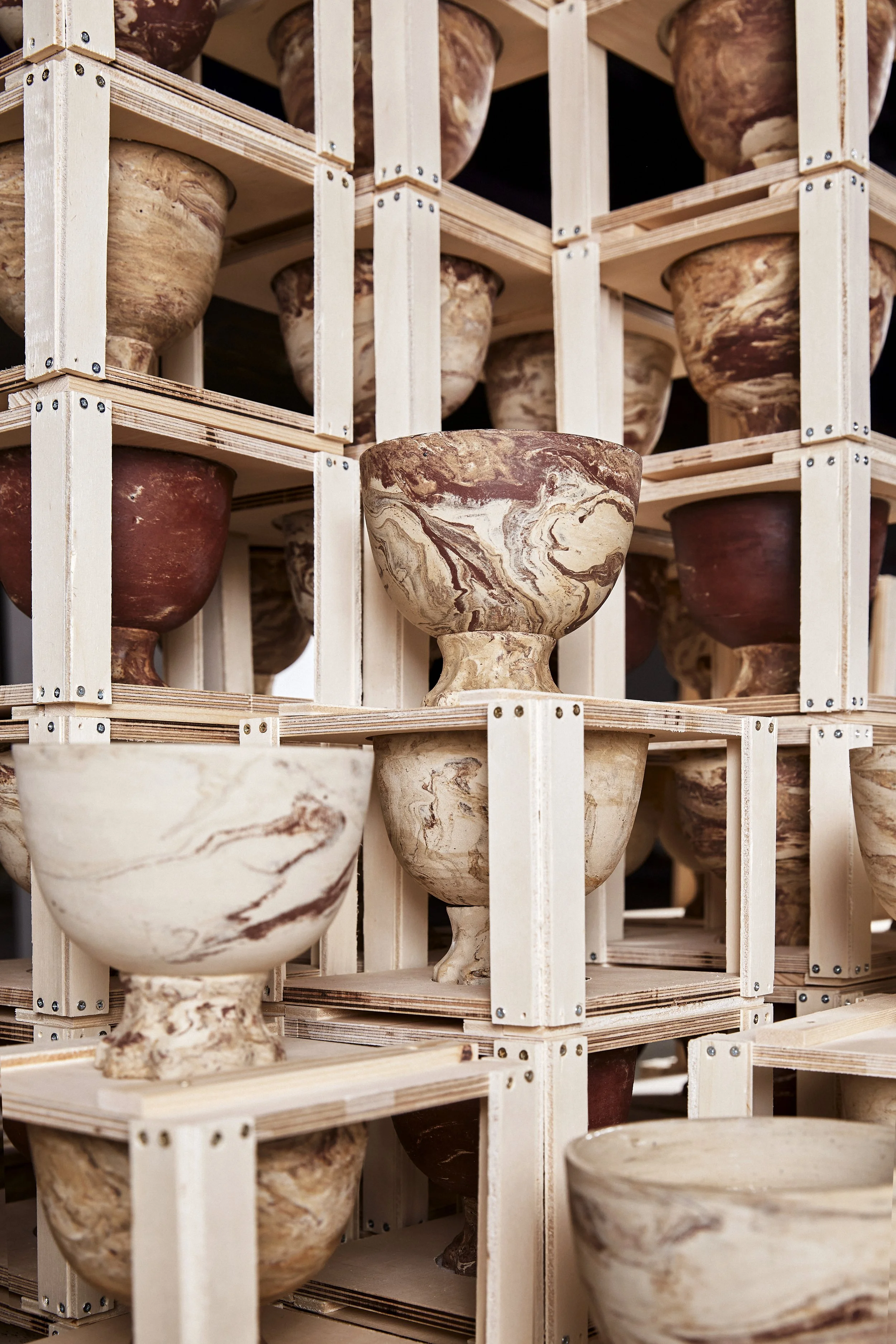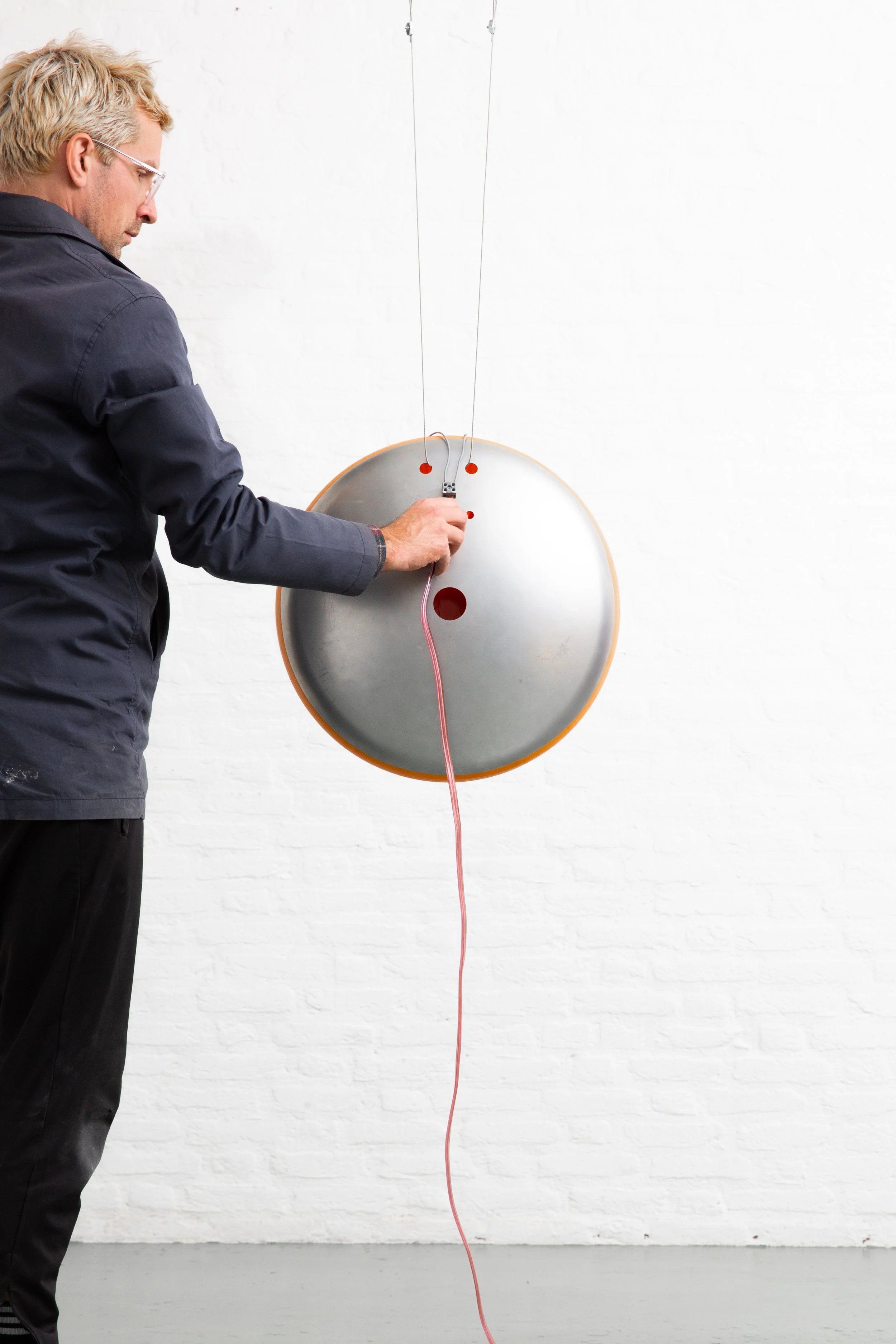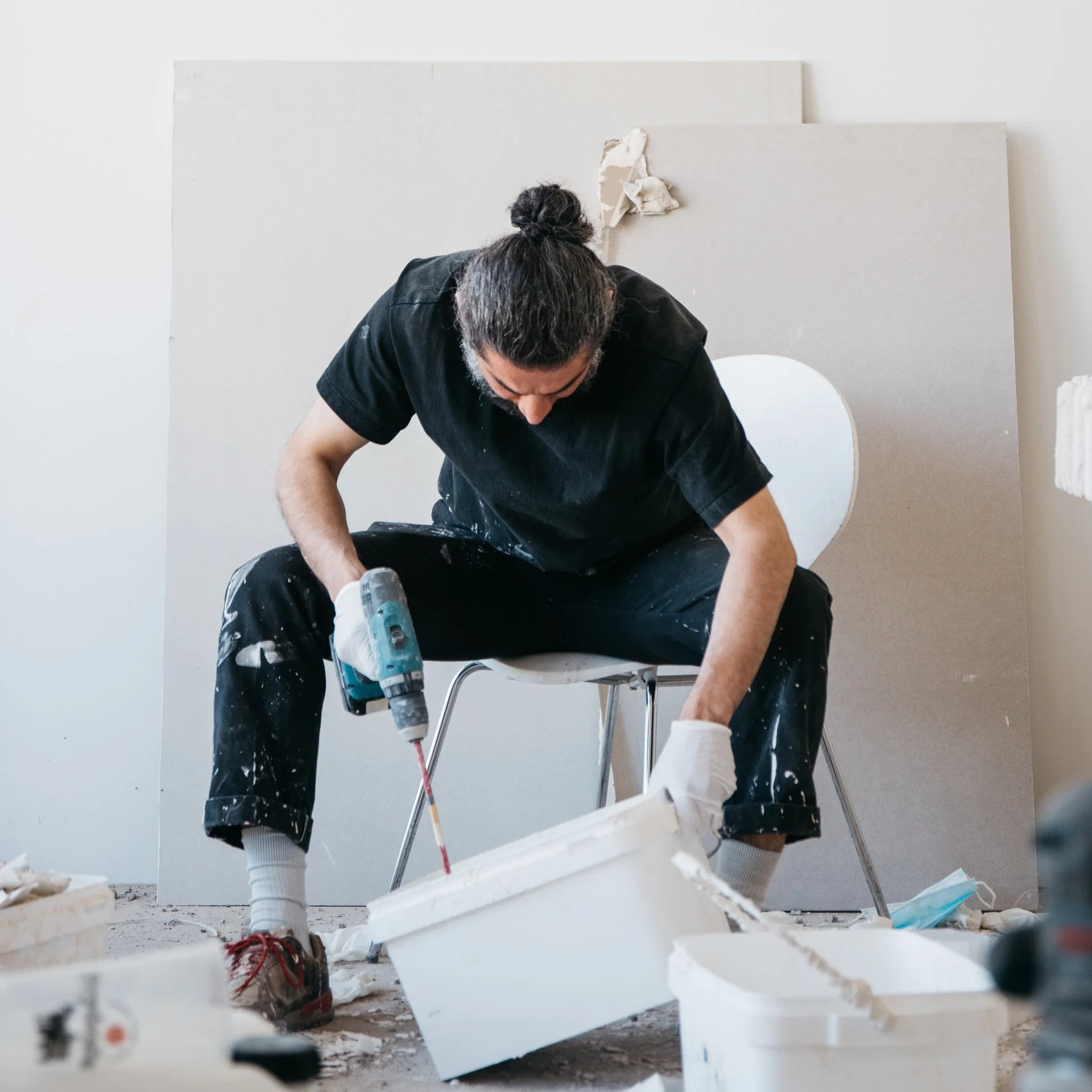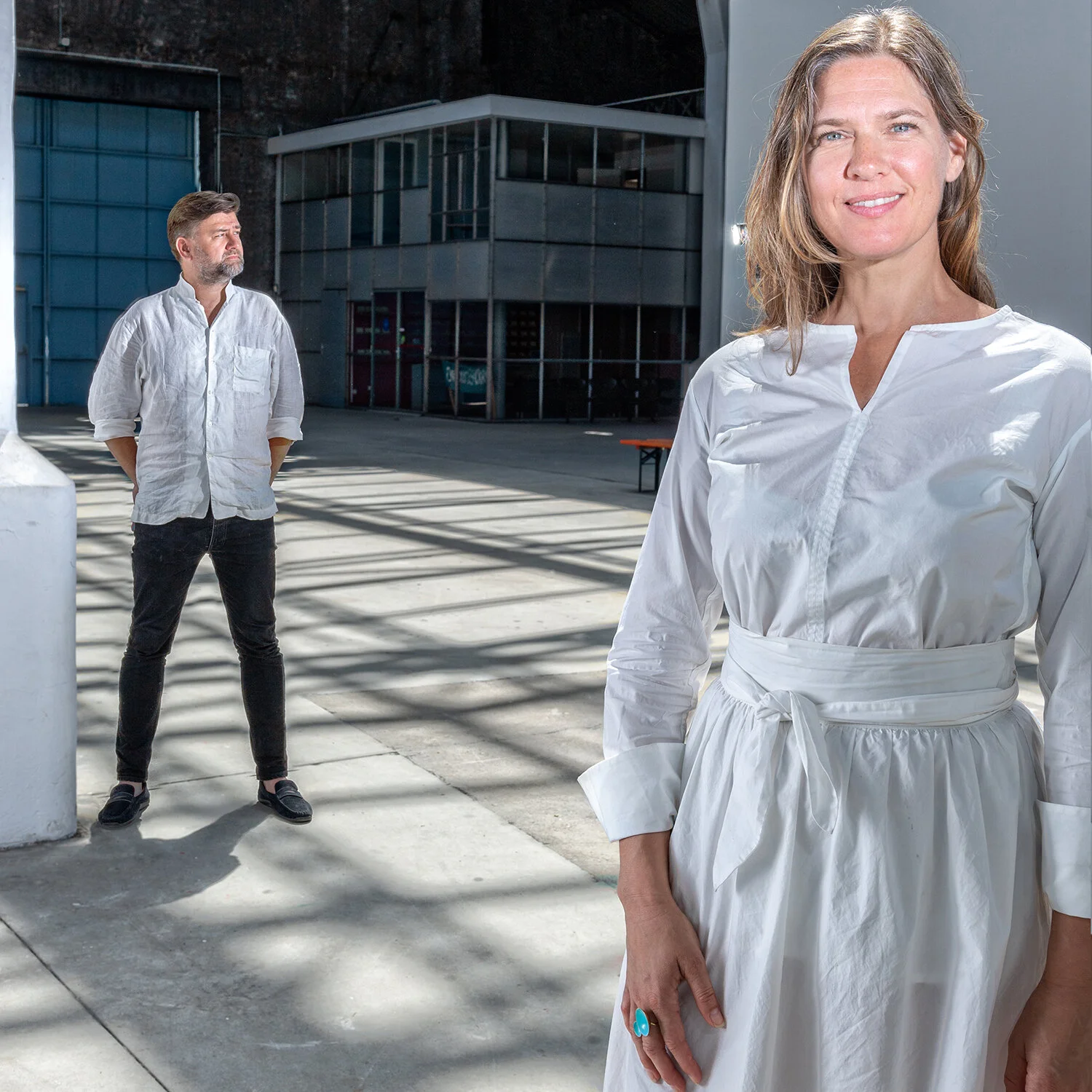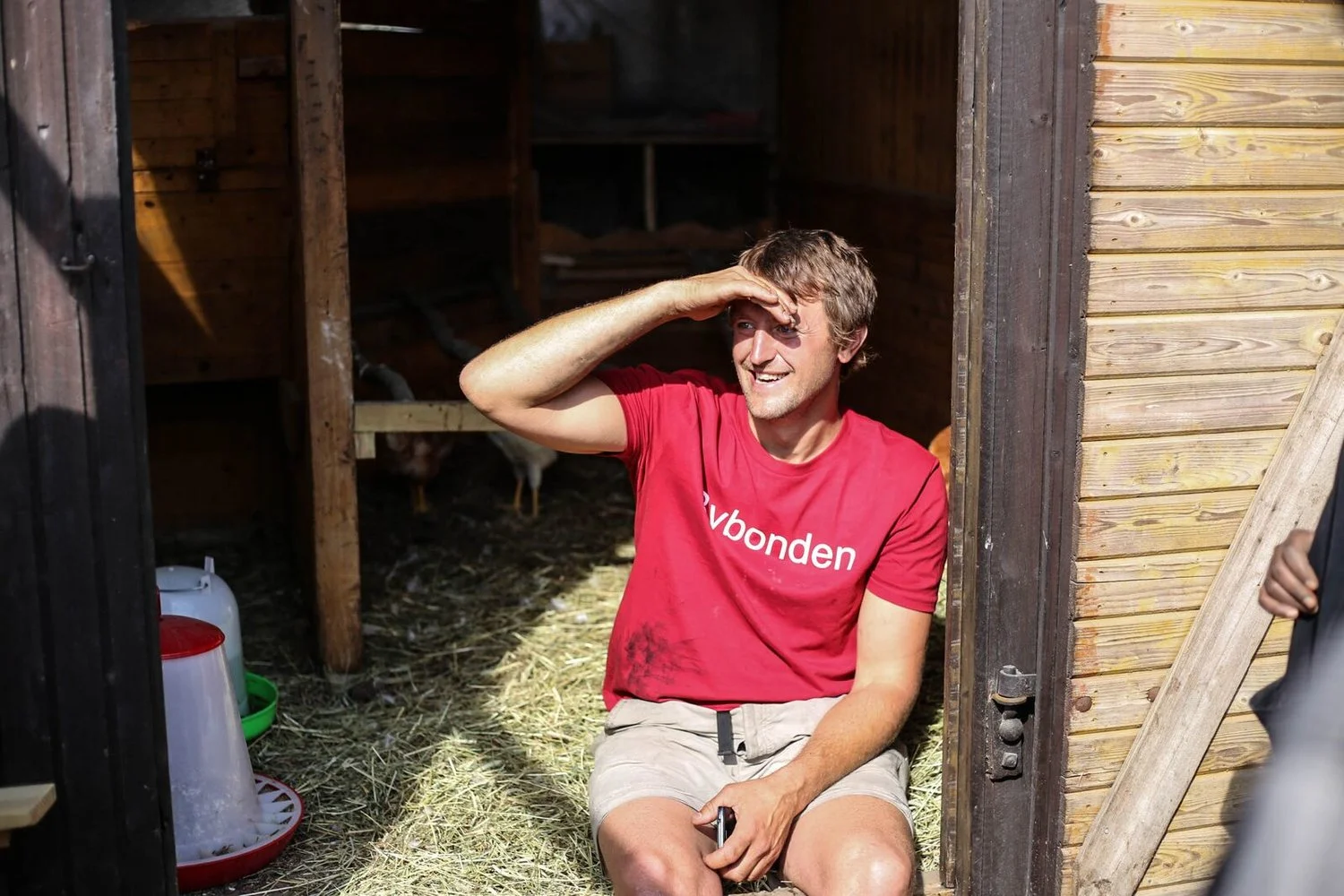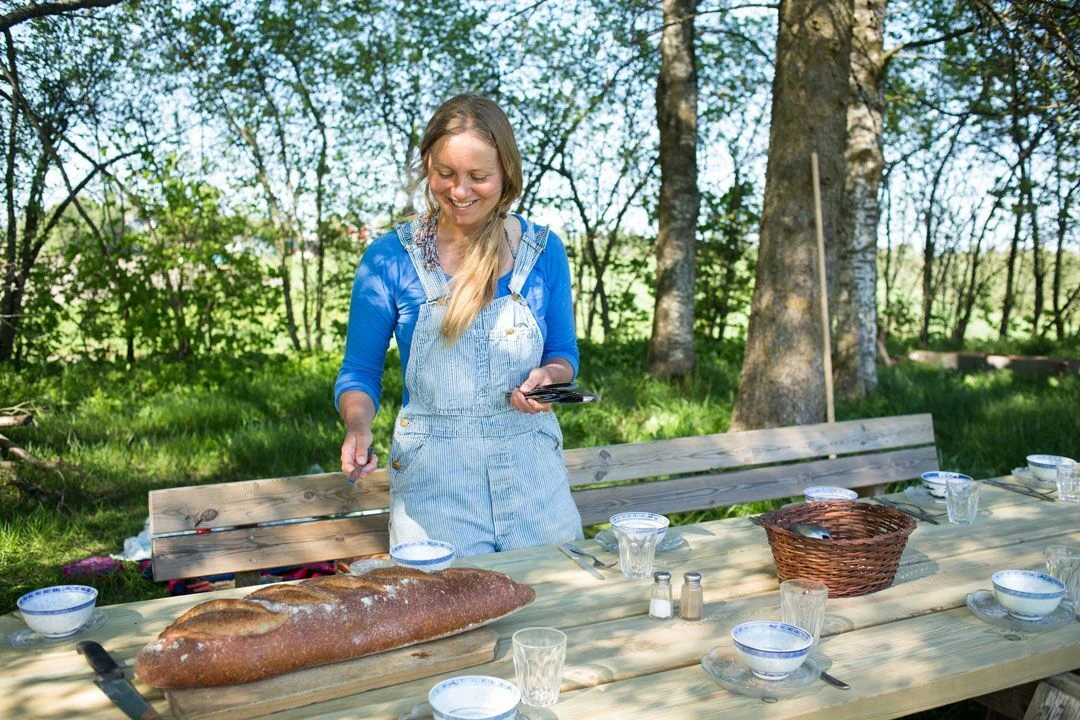Renewing the City with Growlab
Growlab is a small design studio truly dedicated to find new ways of making our cities better and more sustainable. Mads Pålsrud and Tabea Glahs founded Growlab in 2012 with a shared passion for solving social issues with design thinking. We went to talk to Mads and Tabea about how they use design and what they want to achieve with their approach.
# What are your backgrounds and why did you start Growlab?
Our backgrounds stretch from Furniture and Interior Design to Visual Communication with a strong focus on concept development. But it also includes quite a bit of travelling, short excursions into Design History, Art Direction, working in stores and Vineyards, and doing a lot of other things. What brought us together was a Master studies in Design at the Oslo National Academy of the Arts where we enrolled to learn how we can use Design differently - for the social good and the transition to a sustainable future. We started Growlab because we just couldn’t find a company that was aligned with our values and ideas on how designers could work.
# What is your approach to the creative process?
It's about balancing intuition with a strategic process. We always start from a real need or challenge that we observe or feel passionate about and try to engage people that are affected by this challenge throughout the process. This helps us to get a deeper understanding of the underlying issues in order to create better and more sustainable solutions. We also believe in the power of prototyping and fast iterations – quickly “sketch” an idea in 1:1 scale and install it into a context in order to get feedback on it. This enables us to gain important insights using little resources. We think that the creative process is more interesting than the outcome and the outcome becomes better and creates when involving users, stakeholders and collaborators into the process.
A festival City Farm at Øya Festivalen - developed and ran by Growlab. (Photo: Svein Gunnar Kjøde)
# How are you using design to create better cities / neighborhoods?
We believe in both a problem solving and an “utopian” quality of Design. So on one hand, we are finding local challenges and are using design methods to investigate them and to create possible solutions or awareness around them. On the other hand, we also love to challenge and inspire people‘s perception of what’s possible. This can happen through very small and simple interventions, such as the mobile bagel-café “Chomp chomp” that transforms an old bicycle into a colorful pop-up café. With sharing DIY recipes and keeping the design simple, we hope to inspire others not only to copy us, but mostly to see how easy it can be to make a small change towards a better city.
# What are your thoughts on how to maintain the citizen's connection to their city / neighborhood in a rapidly changing city?
That’s a good question. Everyone nowadays seems to want to live in a city but at the same time, it also seems like many people don’t really care – or take care – of their neighborhoods / cities. We live so close together, but it is easy to stay anonymous and people seem to be very busy with their own lives and problems.
We believe it is important that we create connections between us all as citizens and neighbors in the first place. This starts within ourselves and further with knowing your neighbor next door and at perhaps further again having the person at the local grocery store know about you. And so on.
It was Nicolas Bourriaud who coined the term “Micro-Utopia”:
“How is it possible to transform the world from scratch and rebuild a society which would be totally different? I think that is totally impossible and what artists are trying to do now is to create micro-utopias, neighborhood utopias, like talking to your neighbor, just what’s happening when you shake hands with somebody.”
The social fabric of a city is as important as the architecture of a city, and thinking about how to “build” both of these at the same time is important and possible. One of the most effective is perhaps to open up for real participatory processes in city development. When citizens can partake in the decision making process of their own environments they get more ownership and perhaps also get to know their neighbors on the way.
"The Chomp Chomp was a temporary pop-up restaurant and part of the international Restaurant Day in August 2014. We transformed an old bicycle into a colourful bagel cafè, which moved around downtown Oslo.
The goal was to introduce an exchange trade, and instead of money we got everything from a hug to a baby sitting deal, and beautiful self-produced vegetables. A nice way to give inspiration for natural ways of colouring food and make people think differently about how they trade in their every day."
# What is the future of cities / neighborhoods seen through the Growlab lens?
Cities will continue to be messy and chaotic, but in a good way: vibrant! And we will start to embrace the chaos even more. The future cities need to offer something for all the different people that are living there – everyone should have access to offerings that meet their economy and interests. We hope that cities can be a place for everyone, shaped by anyone, together.
People are more and more starting to shape the city to fit them, the opposite is impossible. The makers movement is on the rise, and various technology makes local production more accessible. Urban farming has boomed the last ten years, enabling primary industries happen in the city. Thus cities will become more creative and productive.
This brings us onto the idea of resilience. Is it possible to produce food, energy and other necessities within the city, for the city? The important thing is anyways that we work together rather than competing.
The Bridge Bakery: "On a nice August day some time ago we hosted the first "open restaurant" in Oslo by turning a bridge into a bakery. The Restaurant Day concept started in Helsinki, Finland in 2010. Four times a year, anyone is invited to open a restaurant: a pop-up urban intervention or a cosy soup-kitchen at home – there are no limits but one's own imagination. Since then, the idea spread to other parts of the world.
People were invited to bring cakes or just hang around and drink and eat as much as they want for a voluntary donation. It was important to us to spread the idea of the restaurant day in Oslo, and one year later many more "open restaurants" came into appearance. (Photo: Torgil Pålsrud)
# What is the biggest challenge of working with urban concepts?
The city is a complex and chaotic mess of everything our society has to offer. Navigating in this complexity is sometimes frustrating and bewildering.
# What inspires you personally?
We love to listen to a podcast by Krista Tippett, called “On Being”. Her lovely interviews with a wide range of guests provides a lot of wisdom and inspiration in spirituality, poetry, science, art and activism.
It’s very inspirational when people believe in what they do and stick to their beliefs also in difficult times when these are challenged. At the same time, it’s super inspiring to meet someone who has maintained the openness and curiosity of a little child also in old age. Children and their fabulous ways of seeing and explaining the world are of course an inspiration in themselves.
Visit: www.growlab.no
Graphical design by Growlab for Økouka, the Norwegian Ecological Festival.
Elementa Conversations:












